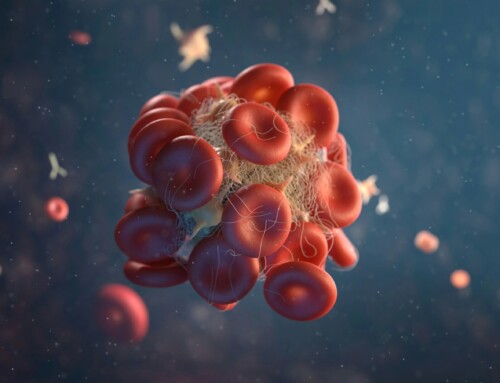Unlocking the Power of Ketones and Intermittent Fasting: 5 Evidence-Based Benefits
What is Ketosis and why should you care?
In recent years, the combination of ketones and intermittent fasting has gained significant attention for its potential health benefits. By understanding the science behind these two powerful tools, we can harness their potential to optimize our well-being. I have had extensive experience playing with my own ketosis, intermittent fasting (IF), and the benefits and limitations you might experience. I have recommended this process for many clients with generally positive results.
Read on to explore five evidence-based benefits of incorporating ketones and intermittent fasting into your lifestyle, along with best practices to boost ketone levels in the body.
Benefits of Ketones and Intermittent Fasting:
-
Increased Weight Loss and Fat Burning
- Studies suggest that combining intermittent fasting with a ketogenic diet can enhance weight loss by promoting fat burning. This dual approach helps shift the body’s energy metabolism from carbohydrates to stored fats, resulting in accelerated fat loss.
-
Enhanced Cognitive Function.
- Ketones serve as an alternative fuel source for the brain when glucose availability is limited during fasting or carbohydrate restriction. This metabolic flexibility has been linked to improved mental clarity, focus, and memory retention.
-
Improved Insulin Sensitivity and Blood Sugar Control
- Both intermittent fasting and ketosis have shown promising effects on insulin sensitivity and blood sugar regulation. By reducing insulin resistance, these practices may help manage conditions like type 2 diabetes and support overall metabolic health.
-
Increased Energy and Endurance
- When the body adapts to utilizing ketones as a primary fuel source, many individuals report increased energy levels and improved physical performance. This benefit is especially notable during endurance exercises or activities that require sustained energy. Often there is a transition period, however, so don’t give up if you feel fatigued in the early stages of transition.
-
Potential Anti-Inflammatory and Anti-Aging Effects
- Emerging research suggests that both ketones and intermittent fasting may have anti-inflammatory properties. By reducing inflammation, these practices have the potential to mitigate chronic diseases and promote longevity.
This all sounds pretty good, right? So now let me give you a quick checklist to try this for yourself. The goal is to get your body burning fat for fuel instead of carbohydrate, so that takes a bit of discipline at first.
Best Practices to Boost Ketone Levels:
-
Follow a Ketogenic Diet
- Adopt a low-carbohydrate, moderate-protein, and high-fat diet to induce ketosis. Limit your daily carbohydrate intake to approximately 20-50 grams to promote ketone production. Often, it will be easier to get into ketosis if you limit your carbohydrate intake to under 20 per day for the first two weeks.
-
Practice Intermittent Fasting
- Experiment with different fasting protocols, such as the 16/8 method (fasting for 16 hours and eating within an 8-hour window) or alternate-day fasting. Start slowly and gradually increase fasting duration as your body adjusts.
-
Exercise Regularly
- Engage in regular physical activity to enhance ketone production. I have found that resistance training (more precisely, high-intensity, slow-motion exercise) can help deplete glycogen stores (a good thing here!) and facilitate the transition into ketosis.
-
Stay Hydrated
- Ensure adequate hydration throughout the day. Drinking enough water can support the production and utilization of ketones in the body.
-
Consider Exogenous Ketone Supplements
- Exogenous ketone supplements, available in various forms (e.g., ketone salts, ketone esters), can provide a quick boost to ketone levels. However, consult with a healthcare professional before incorporating any supplements into your routine.
Combining the power of ketones and intermittent fasting offers numerous potential benefits for weight loss, cognitive function, insulin sensitivity, energy levels, and overall well-being. By adopting best practices to promote ketone production and embracing intermittent fasting, you can harness the full potential of these approaches. However, consider consulting with a healthcare professional before making any significant changes to your diet or lifestyle, especially if you have underlying health conditions.
If you want to talk with me directly about how changing your diet and introducing high-intensity strength training can improve your health, click here to contact me and I’ll get back to you quickly.





